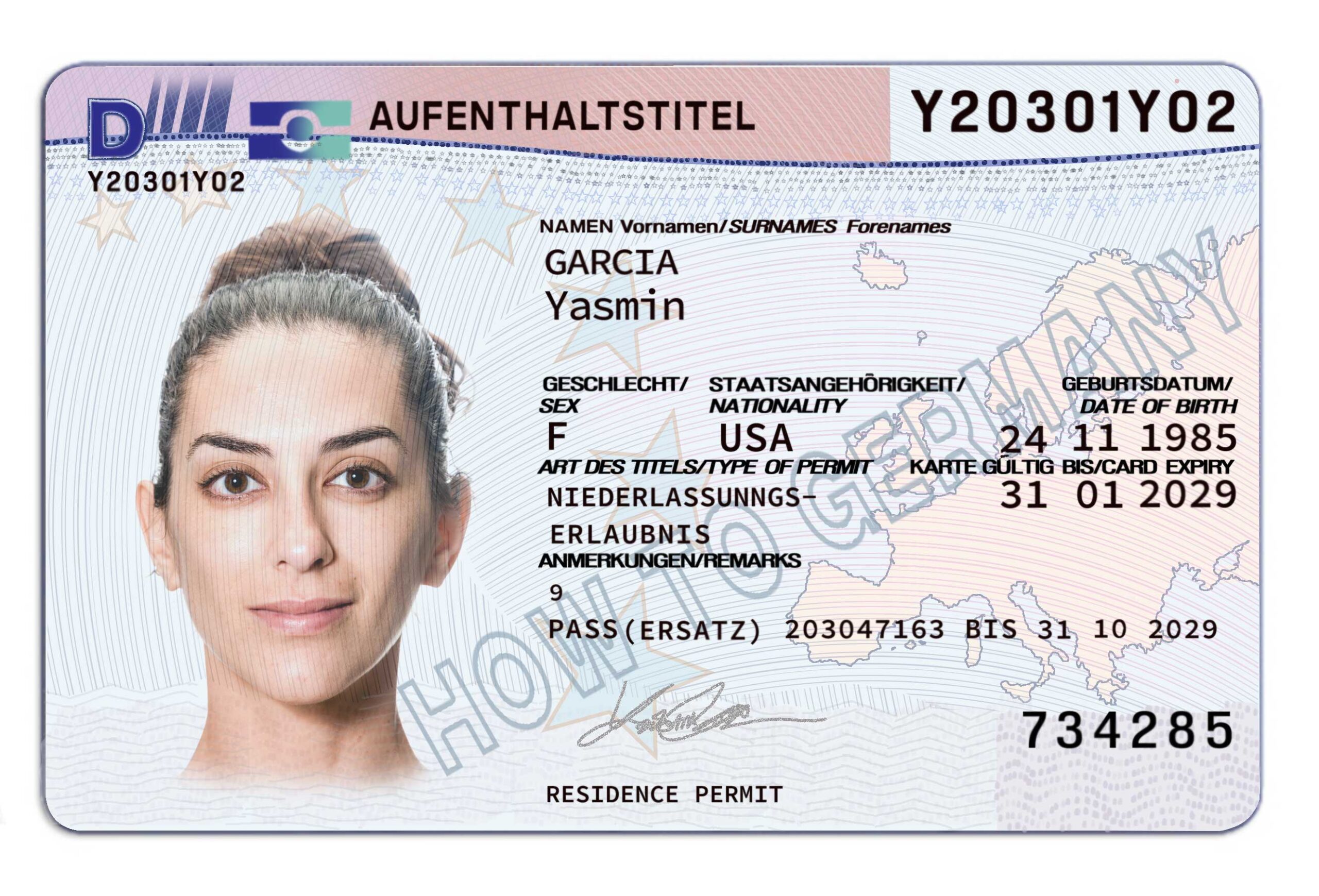Germany has specific regulations for residence permits, and it is important to obtain the appropriate documentation before establishing residency.
The two most common types of residence permits are the EU Blue Card and the general residence permit. The EU Blue Card is a work and residence permit designed for highly skilled professionals from non-EU countries. It allows them to work and live in any EU member state, including Germany, for up to four years.
The general residence permit, on the other hand, is available to individuals who do not qualify for the EU Blue Card, but still meet certain requirements, such as sufficient funds to support themselves and valid health insurance.
It is also possible to hold dual citizenship in both Germany and the United States. However, the rules surrounding this can be complex, and it is important to seek legal advice to ensure compliance with both countries' laws.
For individuals affiliated with the U.S. government, such as diplomats and military personnel, there are specific regulations to follow for obtaining residency in Germany, including the Status of Forces Agreement (SoFA).
Overall, understanding the legal requirements for residency and citizenship in Germany is essential for anyone planning to live there for an extended period of time. Be sure to do your research and seek legal advice to ensure compliance with all relevant laws and regulations.





























